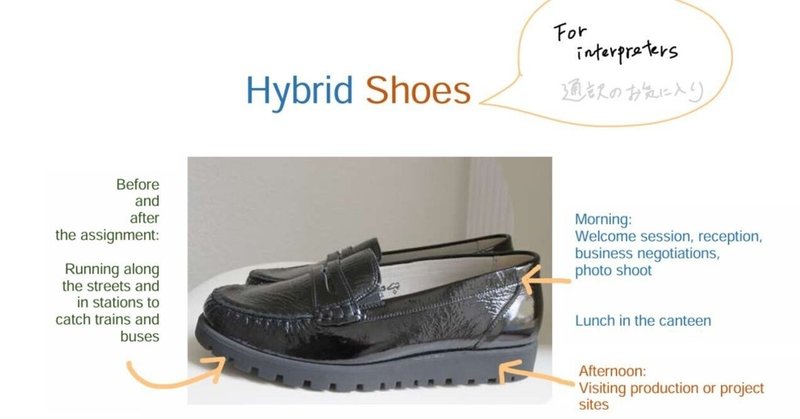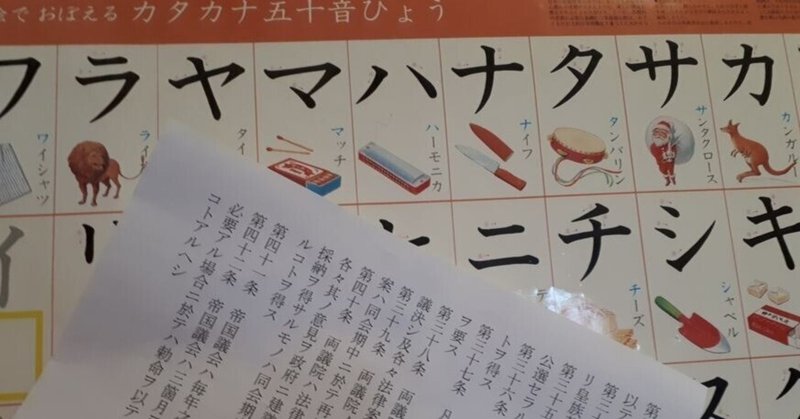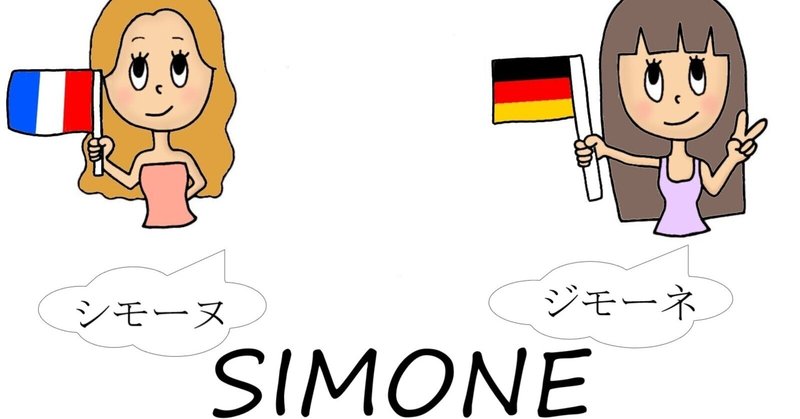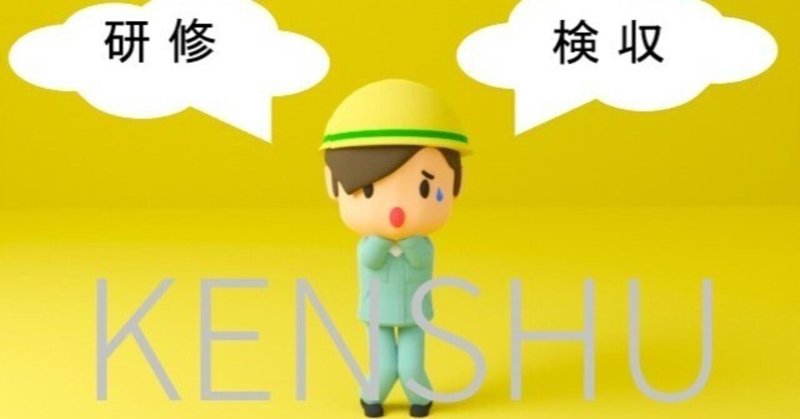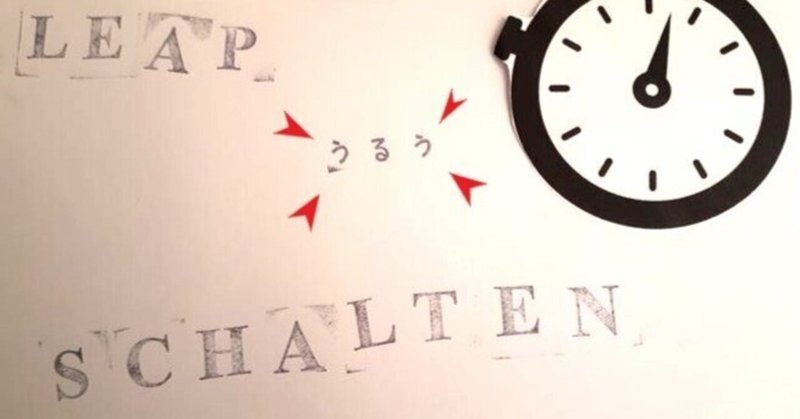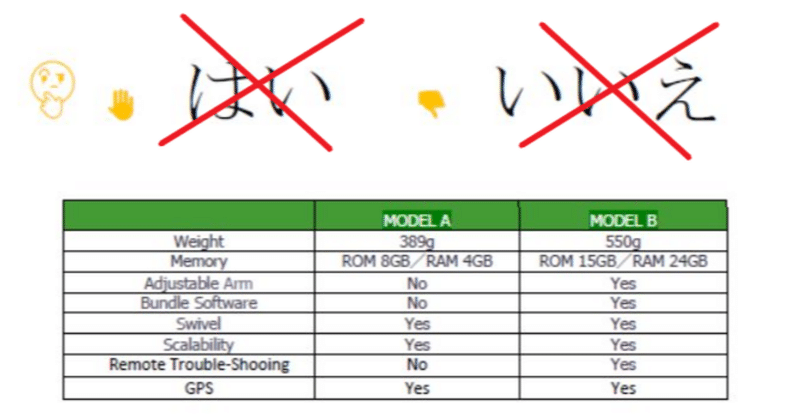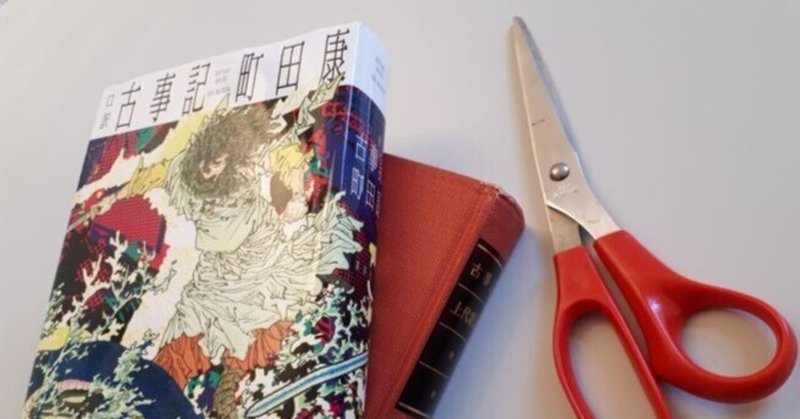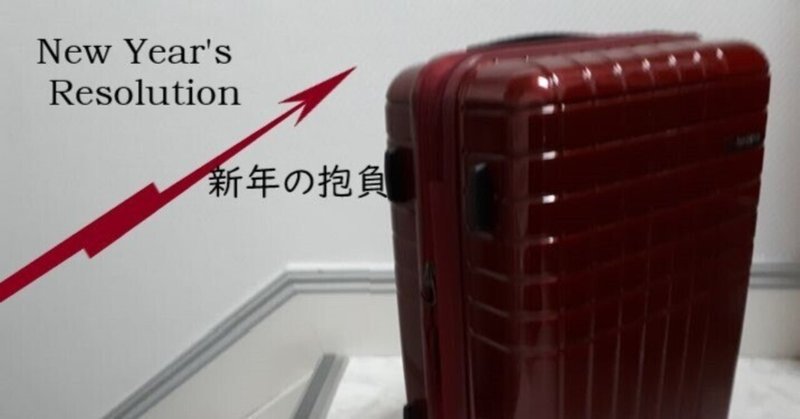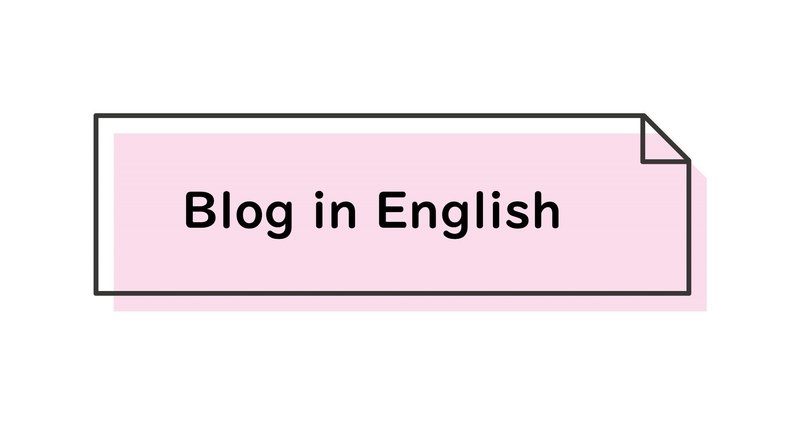
- 運営しているクリエイター
#Japanese

Lady Murasaki Speaking Mandarin and the Language of the Wild East
As a literary enthusiast, I’m somewhat hooked by this year’s Taiga drama by NHK 📺, “Hikaru no Kimi he (#光の君へ / Dear Radiance)” featuring Murasaki Shikbu (紫式部). She wrote the Tale of Genji (源氏物語, Genji Monogatari), the epic 11th-century roma





